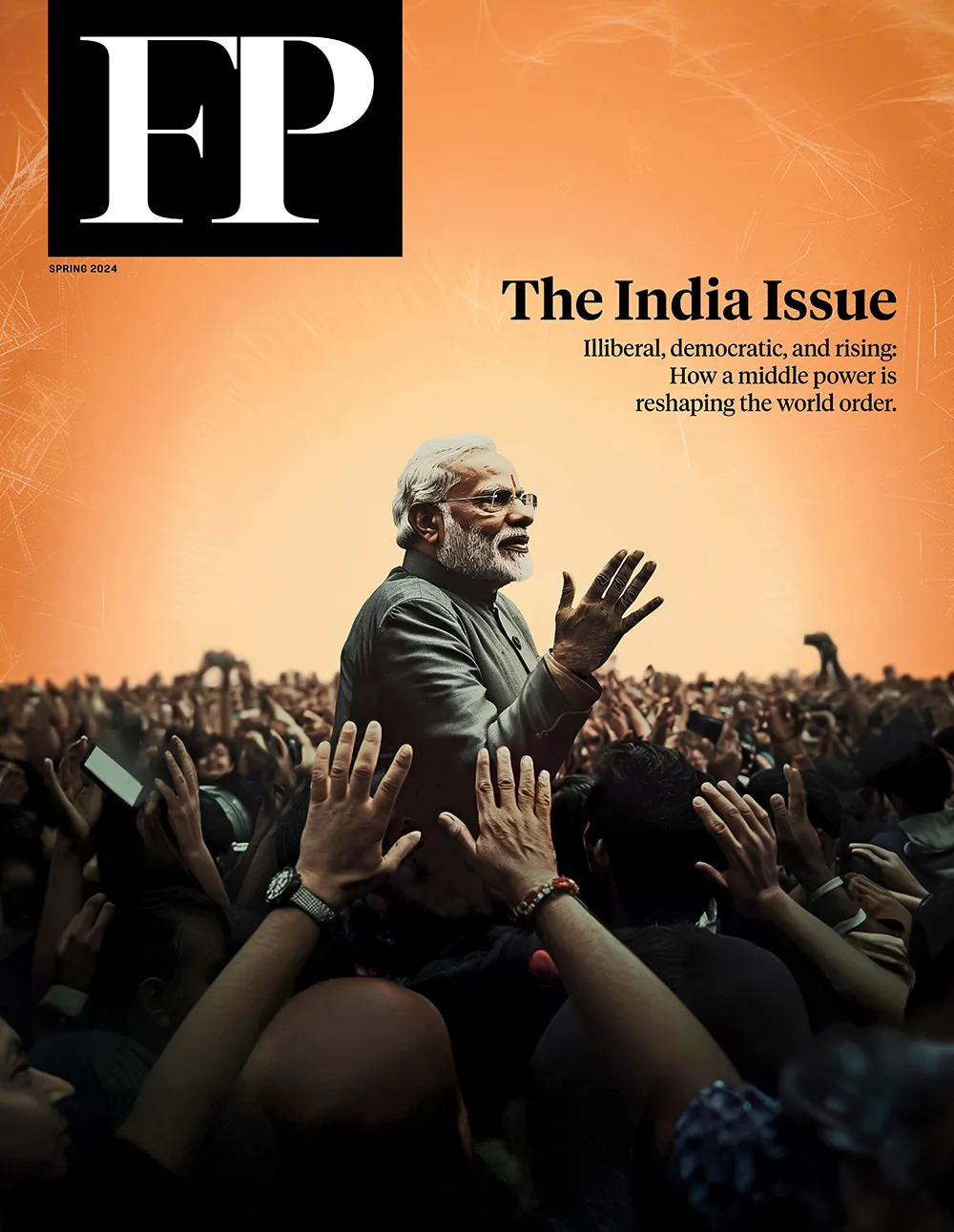All roads seem to lead to Iran right now. The White House attributes the attack that killed three U.S. service members in Jordan to the Islamic Resistance in Iraq—a coalition of militias said to be backed by Tehran. Iran also is known to support Hezbollah in Lebanon and the Houthi rebels in Yemen, both of whom have played a role in worsening the ongoing conflict in the Middle East. And, of course, Iran backs Hamas, which started the latest round of fighting with its attacks on Israel on Oct. 7.
The White House has already said it will retaliate against Iran—or its proxies—for causing the first U.S. deaths under fire since Oct. 7. But how? As Republican lawmakers put pressure on President Joe Biden to attack Tehran directly, what do we know of Iran’s real relations with a hazy network of militias across the Middle East, and how might an American response lead in turn to further counterattacks? For answers and an expert assessment, FP’s Ravi Agrawal spoke with Vali Nasr, a professor at the Johns Hopkins School of Advanced International Studies and former advisor on Iran and the Middle East to several U.S. administrations; and Sanam Vakil, the director of the Middle East and North Africa program at Chatham House.
Vali Nasr explains what the axis of resistance controlled by Iran looks like and the independent sets of interests of each group.
Sanam Vakil explains how Tehran is thinking about the various proxy groups and how they have become more diverse and decentralized over the years.
Nasr explains how anti-imperialist sentiment is baked into the worldview of the various Iranian proxies in the Middle East and how the war in Gaza has given them new life.
Watch to find out how this Iran expert thinks U.S. President Joe Biden might choose to respond to the attack on U.S. troops by Iranian-backed groups over the weekend in Jordan.
Nasr on the stability of the regime in Iran and how Tehran might react to a U.S. retaliation or strike.

Sanam Vakil
Director of the Middle East and North Africa program, Chatham House
Sanam Vakil is the director of the Middle East and North Africa program at Chatham House. She was previously the program’s deputy director and senior research fellow and led project work on Iran and Gulf Arab dynamics. Sanam’s research focuses on regional security, Gulf geopolitics, and on future trends in Iran’s domestic and foreign policy.

Vali Nasr
Majid Khadduri professor of Middle East studies and international affairs, Johns Hopkins University
Vali Nasr is the Majid Khadduri professor of Middle East studies and international affairs at Johns Hopkins University’s School of Advanced International Studies. He served in the U.S. State Department from 2009 to 2011 and is the author of The Dispensable Nation: American Foreign Policy in Retreat.

Host
Ravi Agrawal
Editor in chief, Foreign Policy
Ravi Agrawal is the editor in chief of Foreign Policy, the host of FP Live, and a regular world affairs analyst on TV and radio. Before joining FP in 2018, Agrawal worked at CNN for more than a decade in full-time roles spanning three continents, including as the network’s New Delhi bureau chief and correspondent. He is the author of India Connected: How the Smartphone Is Transforming the World’s Largest Democracy.







